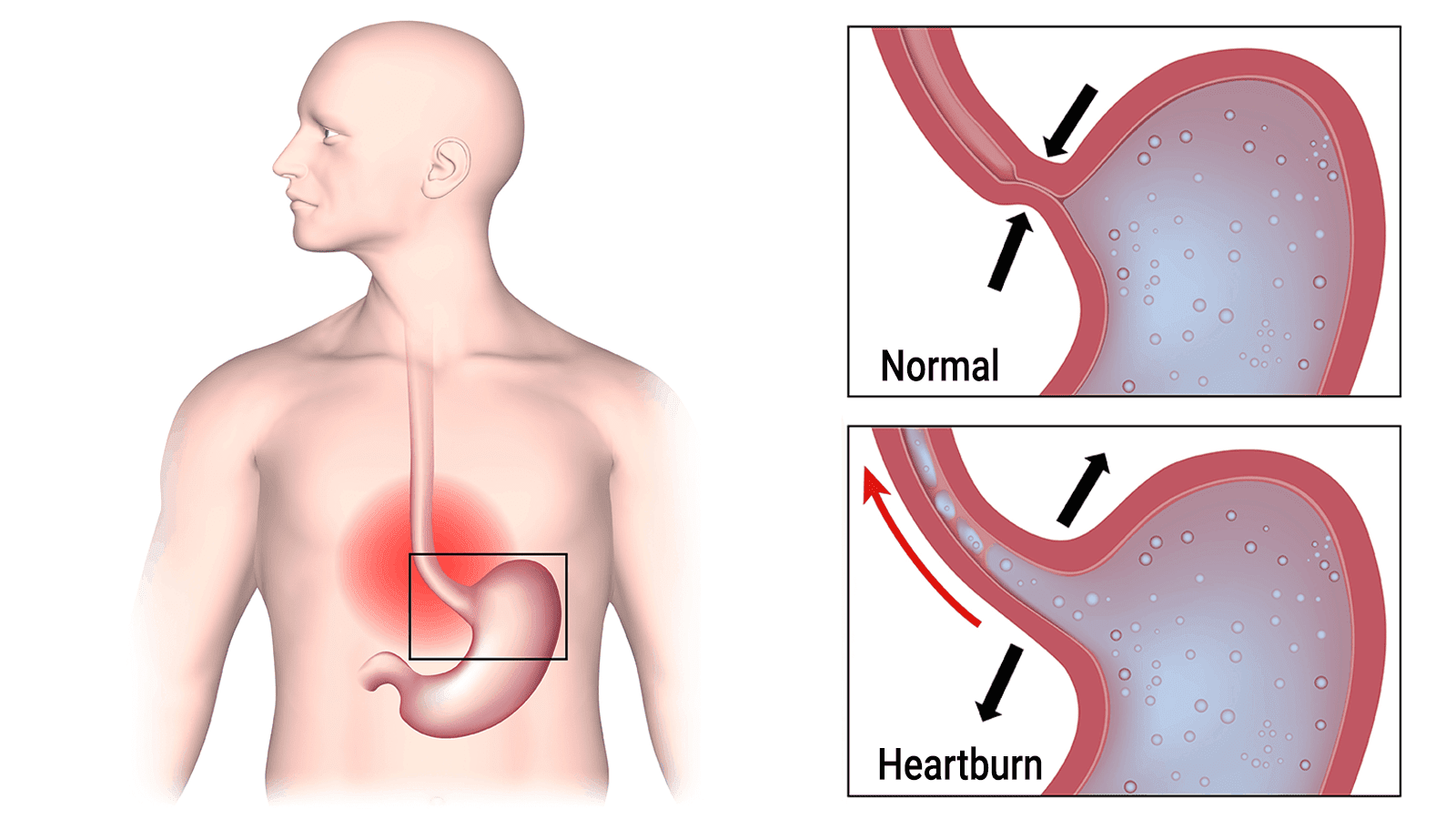“(The signs of narcissism) depends on what kind of narcissist you’re dealing with. The obvious kind, the overt, or the more insidious type, the covert narcissist.” ~ Jasmin Berrera
Narcissism or narcissistic personality disorder is “a mental disorder in which people have an inflated sense of their own importance, a deep need for admiration, and a lack of empathy for others.” A narcissist will often display a false persona of extreme self-confidence that is ultra-sensitive to even the slightest criticism to account for their innate insecurities.
How do you know if the person that you’re dating or have dated is a certifiable narcissist? As Ms. Berrera touches on in the initial quote, “overt” narcissists demonstrate clear signs of the disorder. On the other hand, “covert” narcissists are much more discrete, although gathering “intel” with astute observation may be possible.
Multiple problems may arise when dating a narcissist, but perhaps the worst damage is that inflicted on the other person’s self-esteem. Dating a toxic person can be a confusing, despondent experience that slowly erodes the victim’s sense of self-worth. It isn’t unusual for the person to be diagnosed with clinical depression or even post-traumatic stress disorder (PTSD).
According to psychologists, therapists, and other experts, here are ten common behaviors that a narcissist displays in a relationship:
1. The Need to be The Center of Attention
A narcissist’s ego is analogic to a semi-truck’s fuel tank: huge and quickly depleted. And guess what? Your attention is the gas station. Bad analogies aside, a narcissist always need to be at the COA. If not, they’re deeply unsatisfied – and when they’re unsatisfied, you can guarantee that they’ll make your life a living nightmare.
2. They Hoard Conversations
Do you notice how most normal conversations involve the “sharing of words?” There’s a reason for this: social etiquette. The problem, of course, is that social niceties just do not apply to narcissists. Combine the need to be at the COA with the tendency to hoard conversations, and you get a partner who won’t stop talking about themselves.
3. They Are Scheming
Narcissists are schemers. If they aren’t actively executing some sort of trickery, they are in the planning phase. Narcissists will commonly make unreasonable demands not only of their partner, but also of their partner’s close inner circle of friends – and even family.
4. They Feel Entitled
Narcissists believe that anything worth doing is worth finding someone else to do it right. While most of us pull up our pants and get to work doing what we need to do, a narcissist believes honest effort to be beneath them. In a relationship, this entitled point of view is evident by their unwillingness to carry their weight.
5. They Are Grandiose
This person’s view on what to expect – in terms of money, possessions, attention, love, etc. – is grandiose and highly unrealistic. Have you ever seen the movie ‘The Great Gatsby?’ Well, the unwieldy mind of a narcissist is laughingly comparable.
6. They Violate Boundaries
Narcissists could care less about their partner’s need for space. This is evident by their complete disregard for the feelings and thoughts of other people. It isn’t unusual for a narcissist to break promises and dismiss obligations – and without the slightest expression of remorse.
7. They Embody Negativity
Narcissists get off on arousing the negative emotions of other people. For some twisted reason, displays of anger, stress, anxiety, and others make a narcissist feel powerful and self-assured. Flip the script, however, and the person quickly dons their rightly-deserved “Drama Queen” hat, verbally admonishing or otherwise acting extremely immature towards their partner.
8. They Are Rule Breakers
Given that narcissists are chronic boundary violators, it should come as no surprise that they aren’t fond of rules. This applies even when the violation of a rule (e.g., a law) carries potentially serious repercussions. In the context of a relationship, they may refuse to adhere to set relational norms like coming home on time, sharing important responsibilities, or meeting financial obligations.
9. They Display a False Persona
It is important to understand that self-preservation is a narcissist’s top priority. One reason why those with Narcissistic Personality Disorder project an alter ego is to keep their perceived “damaged goods” – the person they’ve become – from being found out. Narcissists who are found out typically are not adept at keeping their alter ego under wraps.
10. They Have No Close Friends
Finally, the last telltale sign of a narcissist involves their social circle – or lack thereof. If a narcissist does have “friends,” they are there for one reason and one reason only: to service their immense ego. As normal friendships typically involve a “give and take” sort of attitude, a narcissist’s inability to reciprocate kindness often leaves them completely alone – which is what they prefer anyway.











